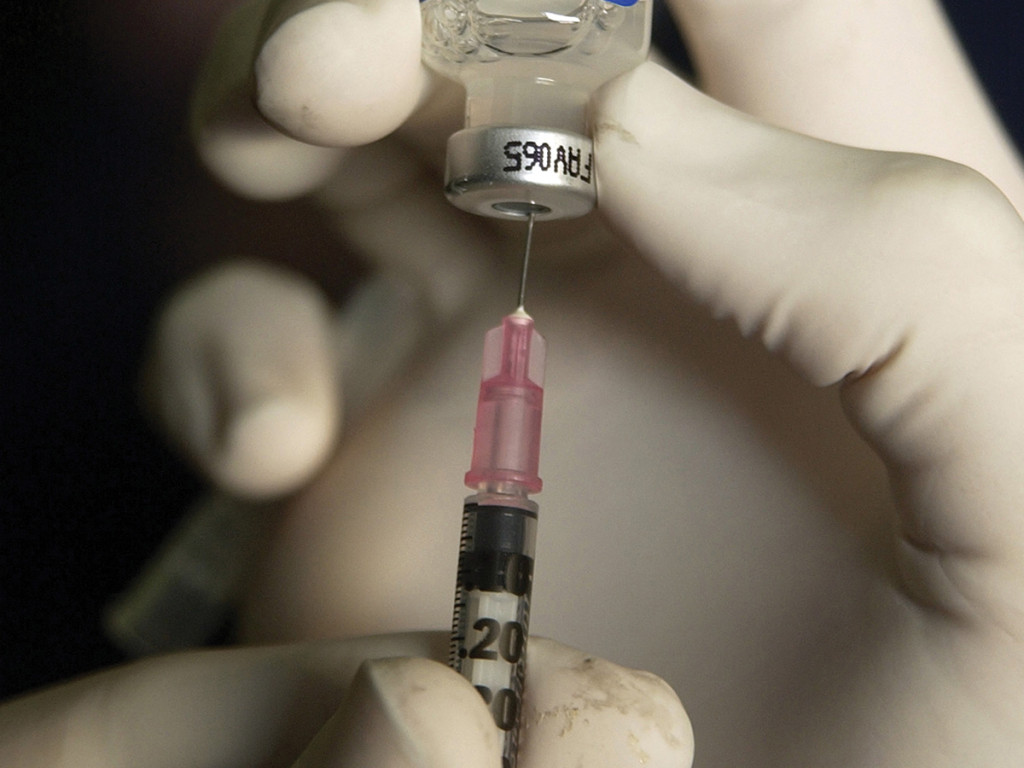
Riverside has a drug problem. It may not be the most popular subject for the public to talk about, but it is, nevertheless, still there. With this in mind, a Riverside resident, Katie Chamberlain, is working to establish a nonprofit group that will provide clean needles, as well as some amount of support — such as HIV testing, overdose prevention kits and referrals for drug therapy — to local drug users. Her goal is to reduce the incidence of bloodborne pathogen spread caused by addicts sharing dirty needles.
To think that the issue of drug-related deaths can be at all solved by handing out clean needles is absolutely ludicrous. In all fairness, she is attempting to provide other helpful services that can benefit drug users. Nevertheless, such a course of action does not so much prevent dangerous drug use as it enables it (after all, her group is called the Inland Empire Needle Exchange — the name pretty much sums up the main service that would be provided). Chamberlain is not the one selling drugs, nor is she the one using them (because it is ultimately the user who is responsible for injecting poison into the veins). Rather, her role in this tragic cycle is comparable to that of the family member or friend who continually provides a known user with a “loan” that will be immediately spent on fueling the self-destructive habit. In other words, she is providing the means for addicts to continue ruining their lives.
The county knows that Chamberlain’s plan is foolish. A similar proposal was rejected by Riverside County over a decade ago, and her plan has yet to be given the permission it requires (both county and local officials are required for it to gain approval). It would seem, therefore, that the county is not so naive to believe that the problem will go away (or at least be diminished) because of Chamberlain’s misguided attempt at fixing it.
The underlying flaw in Chamberlain’s grand design is that it seeks to to prevent drug-related deaths, not drug use. If Chamberlain managed to gain the necessary permissions to begin putting her plan into action, and if she was able to acquire sufficient resources (i.e. money) for it to work, then there is still an insurmountable hurdle in the way that renders her whole operation moot.
It is this: even if Chamberlain provides 100 safe needles to 100 drug users, and they survive the diseases they could have contracted from dirty needles, nothing has changed. She may have kept 100 addicts from becoming 100 corpses, but she has not achieved the vastly more valuable goal of turning these same 100 addicts into 100 healthy citizens. As long as her focus is on handling one minor aspect of this crisis, there will be — can be — no real change.
Let’s ignore the larger problem for a minute to consider a more superficial, but still highly significant failing. Deaths from drug abuse are not just caused by diseases transmitted by any needles used. A user could fall victim to anything from an overdose to a murder by a drug dealer. No amount of clean needles will prevent these causes of death; only sobering up and getting out of the addict lifestyle can. Hence, Chamberlain’s program can only be partly successful anyway, because it can only fix a small part of one problem, which is itself overshadowed in the larger scheme of things.
Instead of trying to stop deaths from one specific angle of drug use, Chamberlain would achieve much more by providing support for drug users so they can kick the habit. The same resources that would go toward needles that only enable addicts could be better used for creating a sort of haven for those struggling with drugs. Chamberlain could hire (or better yet, encourage to volunteer) the kind of people that can truly help users: therapists, counselors and other medical experts. This way, we can guarantee that fewer people will die drug-related deaths, because there will be fewer addicts.
Attempting to stop deaths among drug users is a noble effort; unfortunately, the way Riverside’s problem with drugs is being dealt with, it will not be going away any time soon.








